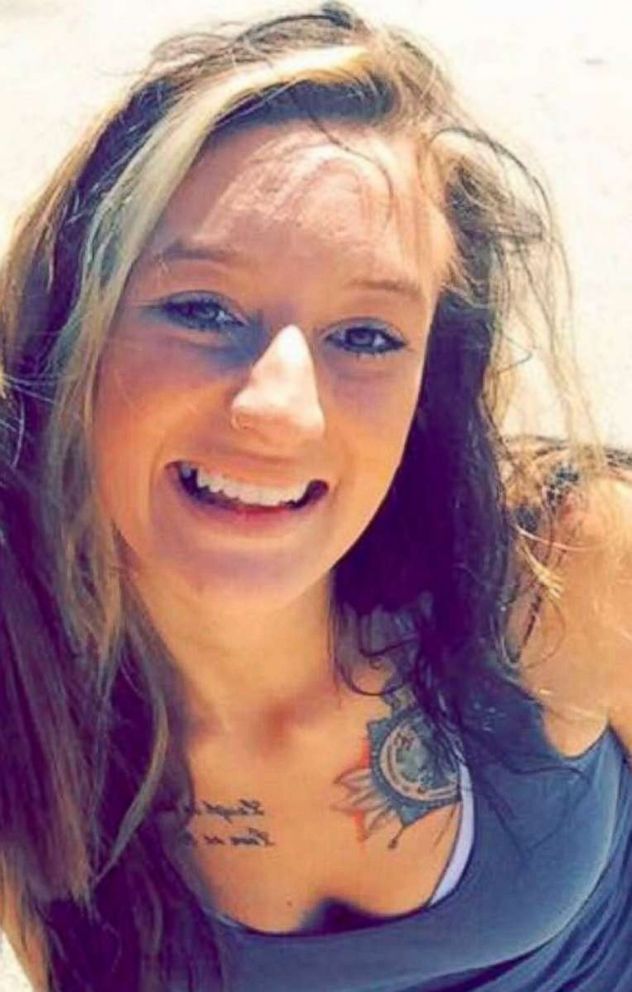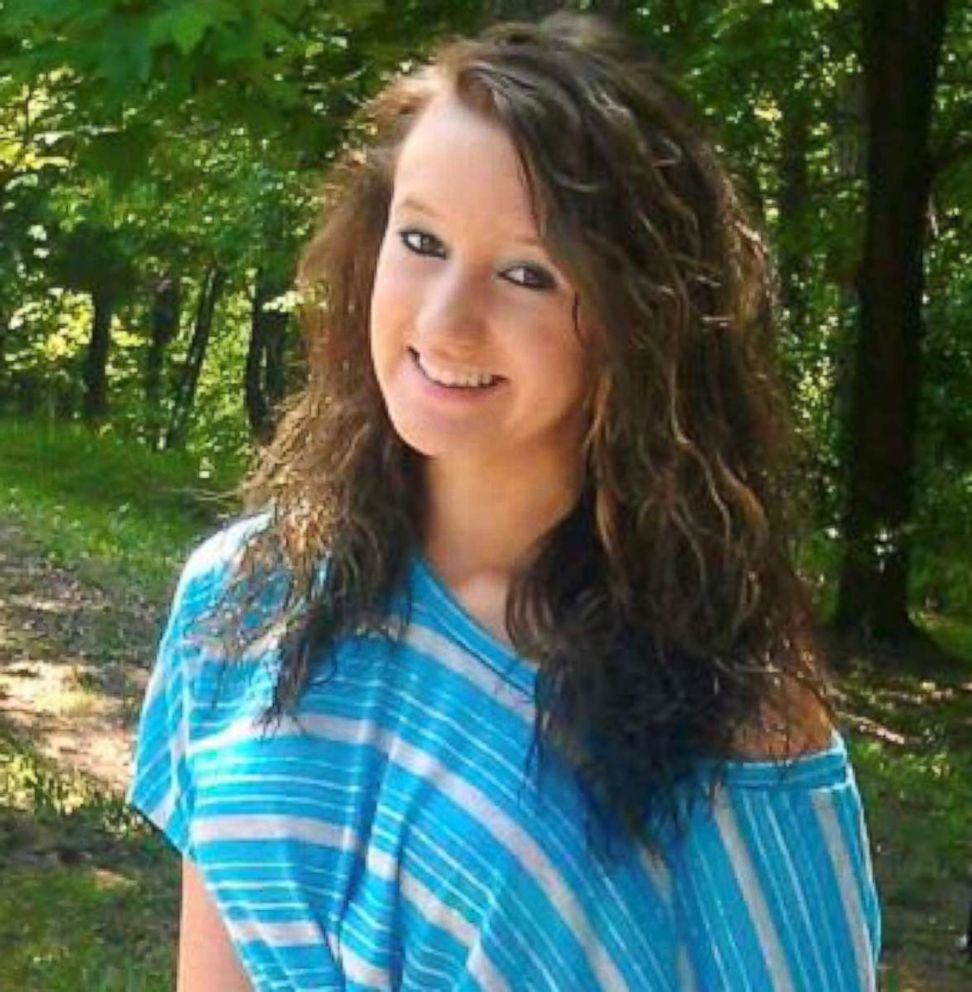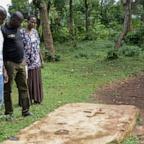'It doesn't get easier': Mom reflects on daughter's opioid overdose death 2 years later
Michelle Schwartzmier's daughter was waiting to go to rehab when she died.
Casey Schwartzmier wanted to get treatment for her heroin addiction.
After an issue with heath insurance coverage caused a delay in her departure date, her bags were packed and she was ready to go to rehab.
Instead, Casey’s boyfriend found her unconscious after an accidental overdose next to her luggage. Her mother, Michelle Schwartzmier, accompanied her in an ambulance to the emergency room. Casey was declared brain dead five days later.
That was two years ago, and Michelle Schwartzmier has spent much of the time since taking life “moment to moment.”
“Time does not heal all wounds,” Schwartzmier told ABC News. “It doesn’t get easier, you just find a way to push through another day. Casey was living her life one day at a time... I’m doing my version of one day at a time.”
Schwartzmier’s addiction advocacy work since her 20-year-old daughter’s death has led her to speak at rehab centers, and at school events in which she describes the warning signs she may have missed.

“When Casey first started using heroin, I found wrappers in her bedroom,” Schwartzmier said, adding that she thought they were candy wrappers. They were actually empty stamp bags, which are regularly used to carry heroin.
“I’m trying to forgive myself for the things I just didn’t know then,” she said.
On the day that Casey overdosed, she was brought to the same hospital in Pittsburgh, Pennsylvania where Michelle Schwartzmier works as an ER X-ray technician. Schwartzmier, who accompanied her daughter, had just finished her shift and was still in her scrubs.

Some of Schwartzmier’s colleagues thought she was still working, and came up to her asking if she’d heard about the 20-year-old who arrived in cardiac arrest after overdosing.
“They didn’t realize who they were talking to, they were just talking to me like I was working,” said Schwartzmier. “A nurse even came up to me, she said ‘Oh what a shame, that girl’s only 20 years old and she’s gonna die.’”
When she eventually returned to work after her daughter’s death, Schwartzmier said that several doctors and nurses approached her.
“It was really touching to me because several of them had said things to me along the lines of, ‘You reminded me of who these people are.’ Working in the ER, you see it all day every day... you become almost numb to it,” she said.
“One nurse specifically said ‘You brought me back. I look at everything different now,’ he said. ‘I look at the overdoses different,’” Schwartzmier recalled.

Casey was transported to the hospital on Jan. 10, 2017, and remained there for five days before she was declared brain dead on Jan. 15, Schwartzmier said.
"It's been two years and I still cry for my daughter every day," she said.
Related Stories
Schwartzmier’s obituary for Casey, which noted her “accidental heroin overdose after a long brave battle with addiction,” went viral for its honesty.

Dr. Tim Brennan, director of the Addiction Institute at Mount Sinai West/St. Luke’s in New York City, said there have “absolutely” been changes in how addiction is addressed publicly in the past few years.
“We’ve definitely seen an improvement in the stigma,” Brennan told ABC News. He pointed to politicians’ willingness to talk about it, and conversations that people are having in their communities. He added that obituaries like the one that Michelle Schwartzmier wrote for her daughter are a tool that can help.
“If deaths like these allow other families the emotional space to have these conversations when people are still alive, I think that’s a really good thing,” Brennan said.
Brennan believes that the increased awareness about opioid addiction has led to an expansion of addiction medicine training programs for doctors, increased access to opioid replacement treatments like buprenorphine and wider use of the opioid overdose reversal drug Naloxone.

“In a lot of ways it’s tragic because the more people who have died has led to more exposure for this horrible illness,” Brennan said. “So in a sense I suppose it’s a silver lining and maybe even some solace for the families who have lost loved ones. Because as the death rate has skyrocketed, so too has the attention that's being paid to this horrible crisis.”
According to the Centers for Disease Control, the total number of people who died in the U.S. from drug overdoses increased from 63,632 people in 2016 to 70,237 people in 2017.
The CDC reported that Pennsylvania -- Schwartzmier’s home state -- had the third-highest rate of drug overdose deaths in 2017, and a 16.9 percent increase in overdose deaths from 2016 to 2017.
Michelle Schwartzmier said the decision to write honestly about her daughter’s addiction was not one that she came to by herself. It was the subject of one of her final conversations with her daughter after Casey saw an honest obituary for someone else who died of an overdose.
“It was a mother-daughter promise that turned into her legacy,” Schwartzmier said of her decision to be clear about her daughter’s struggle with addiction.
“I hope she’s proud.”


